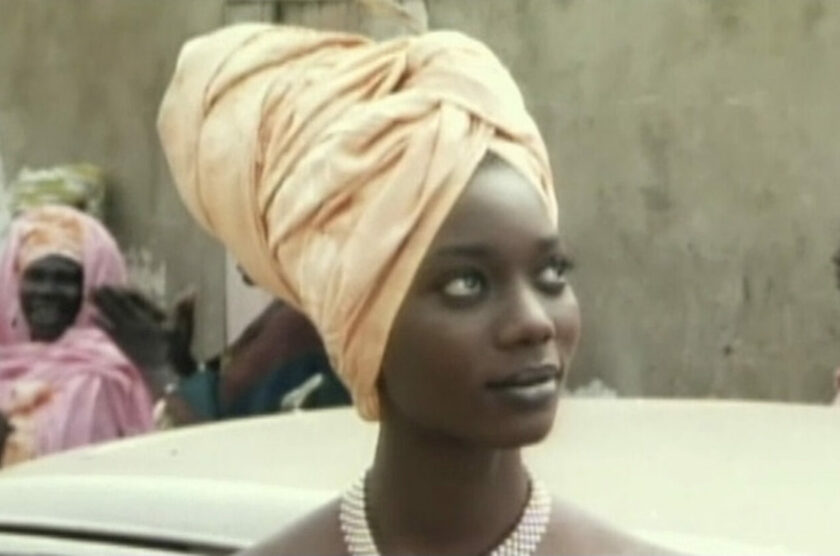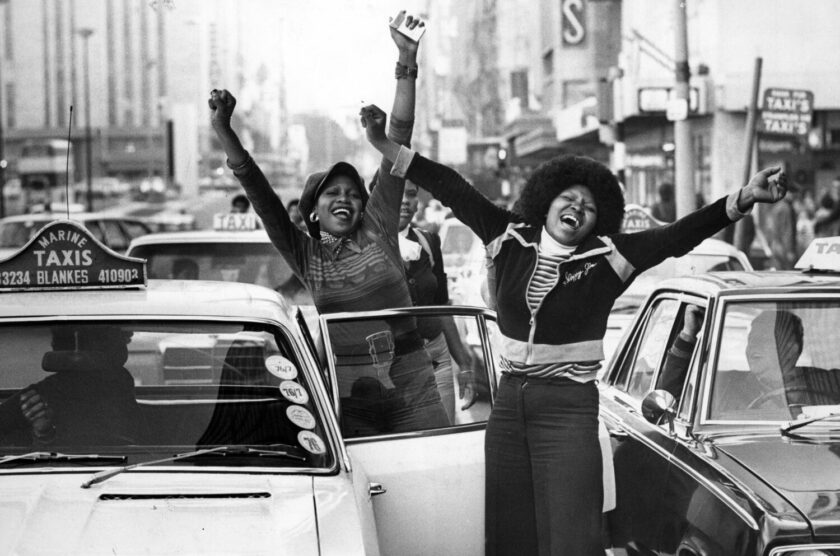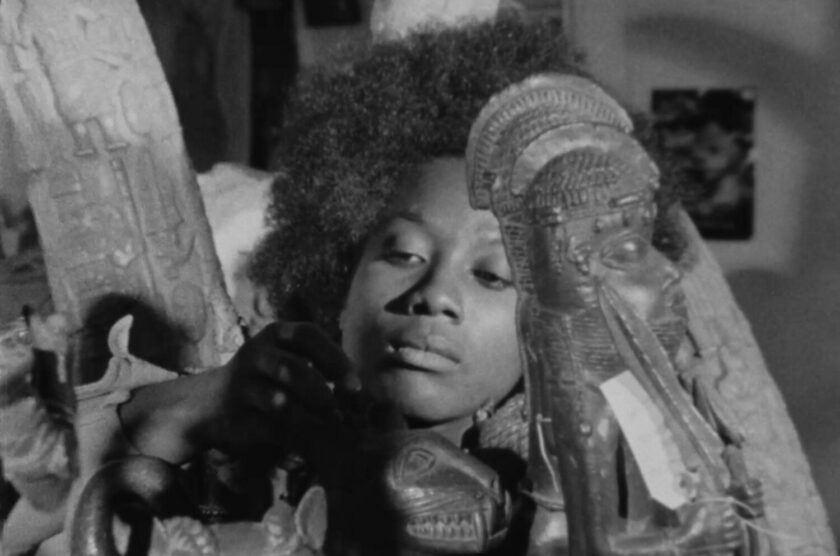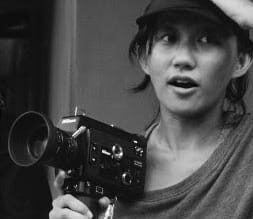Tableau Ferraille
por Moussa Sène Absa
Senegal, 1997
sinopsis
Tableau Ferraille es un barrio obrero a unos diez kilómetros de Dakar, la capital de Senegal. Está en la costa y poblado por pescadores, pero a pesar de los cocoteros y las coloridas barcas, no es un paraíso. Prueba de ello son los esfuerzos diarios de hombres y mujeres por reunir lo estrictamente necesario para vivir, una tarea cada vez más difícil. Las familias son numerosas. Viviendo en cobertizos de chapa ondulada y restos de madera, la búsqueda de dinero es una auténtica obsesión. Para algunos es pura necesidad, para otros es la búsqueda de una existencia cada vez más lujosa. De este modo, los distintos personajes van revelando poco a poco su personalidad: los intereses materiales cuentan a veces más que el amor, la amistad, la fe, la honradez...
sobre el director
Moussa Sène Absa nació en 1958 en Senegal. Tras iniciar una carrera como actor, ganó premios por sus cortometrajes, documentales y largometrajes. También es pintor y escritor. Ejemplifica el "homo senegalensis", un ideal de artista muy apreciado por Léopold Sédar Senghor, arraigado en la tradición pero plenamente dispuesto a utilizar lo que le ofrece el mundo occidental. Irónicamente, Absa es más famoso internacionalmente que en su propio país, a pesar de haber sido expuesto a una gran audiencia en Senegal a través de la serie de televisión Goorgoorluescrita por TT Fons y producida por la televisión nacional senegalesa (RTS). Su primera película Le Prix du mensonge (El precio de la mentira) le valió el Tanit d'Argent (Tanit de plata) en las Journées Cinématographiques de Carthage (Jornadas Cinematográficas de Cartago) en 1988. Tableau Ferrailleestrenada en 1996, le valió varios premios, entre ellos el de mejor fotografía en el FESPACO de 1997. Su comedia romántica de 2002, Madame Brouetteganó el Premio Poitou Charentes en el Festival Panafricano de Cine y Televisión de Uagadugú (FESPACO) en 2003.
Sus dos últimos largometrajes, Teranga Blues y Yoole fueron seleccionados a concurso en FESPACO en 2007 y 2013.
(Festival de Cine Africano, Nueva York)




